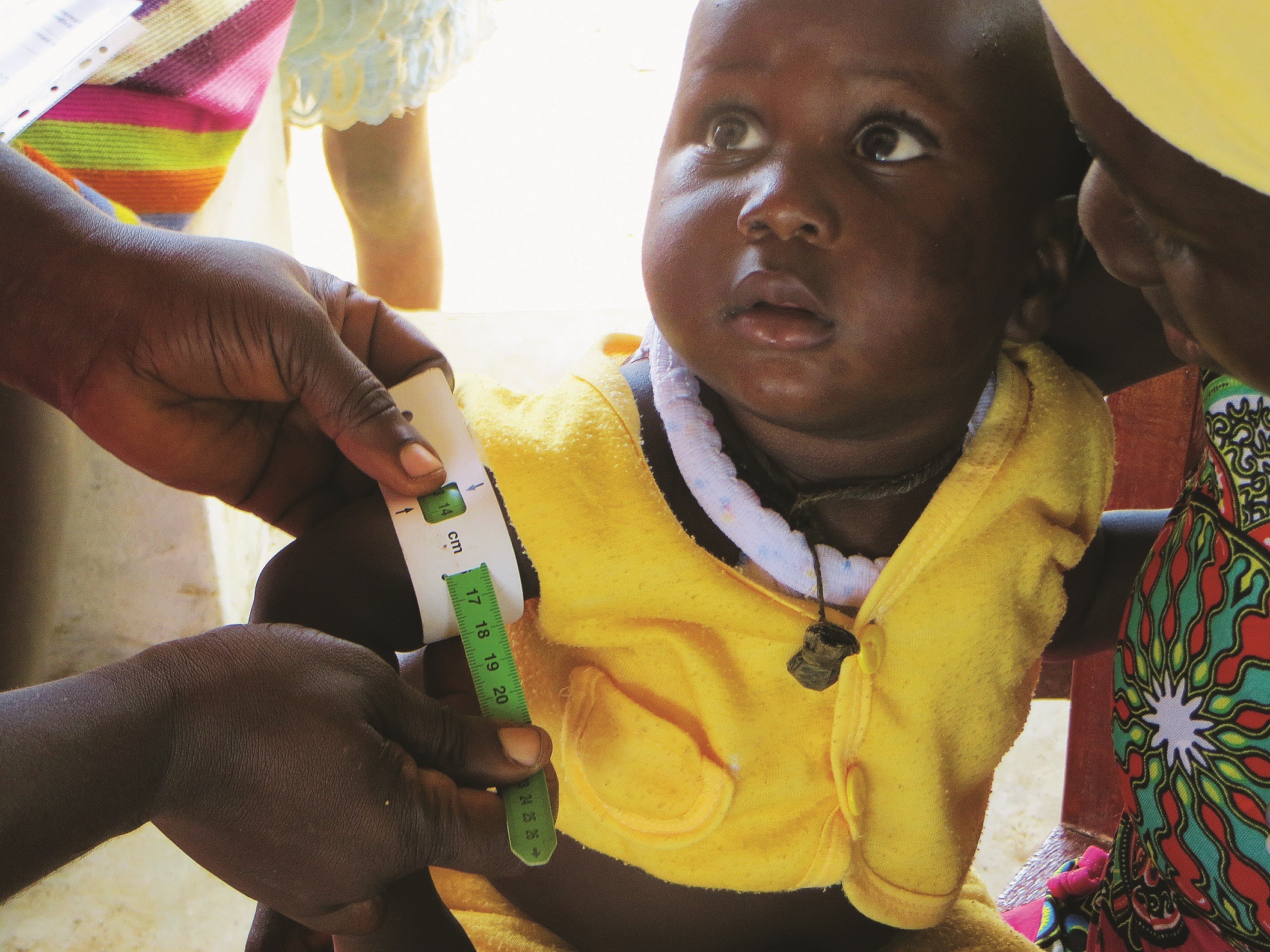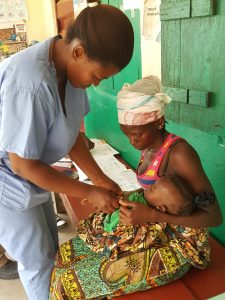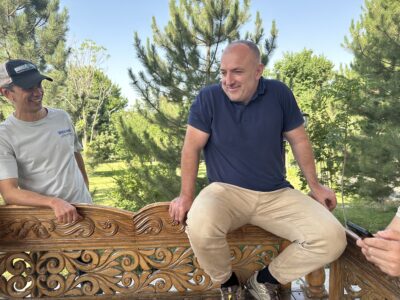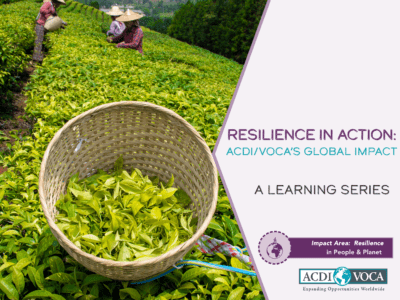
At Inside NGO’s recent Food Aid Roundtable, Matthew Nims, acting director of Food for Peace (FFP), spoke about the future of the USAID office’s programs. He said something during his presentation that resonated with me: “This is an era of conflict.”
Last year, it was El Niño. This year, we are witnessing a different kind of international crisis—that of 20 million people at risk of starvation in South Sudan, Somalia, Yemen, and Nigeria. 2017 has been labeled as having the worst humanitarian crisis since 1945 for its rising number of refugees. Nims also emphasized the ongoing challenge of stabilizing and addressing growing problems in the Democratic Republic of Congo, the Central African Republic, and Chad before the crisis spreads. However, an enormous funding gap of $4.4 billion for response teams and food supplies only makes matters worse.
During the event, industry experts questioned how implementing partners, or entities that implement programs in line with the goals of larger organizations like USAID, can bring resilience into the context of emergency relief. Nims pointed to Syria, where despite devastating conflict, implementing partners still help farmers access seeds so they can produce food. We often think of resilience happening only after a nation starts to recover, but Syria shows progress can happen amidst a crisis, if donors and implementing partners coordinate their support.
In other hard-hit parts of the world, Uganda has opened its doors to 1.2 million South Sudanese refugees, taking unprecedented moves to integrate them into the country and bridge humanitarian and development efforts. Refugees get materials to build a home and small plots to grow food. However, these efforts waver under the burden of $445 million needed for Uganda to continue meeting their basic needs, in the form of shelters, health clinics, and tents for schools. With support from local and international stakeholders, resilience activities can take shape to help refugees become contributing, self-sustaining community members.

In Sierra Leone, ACDI/VOCA successfully implemented the Sustainable Nutrition and Agriculture Promotion (SNAP) Program, funded by FFP. When Ebola hit, the SNAP program rapidly shifted to Sierra Leone Emergency Food Security Program, an FFP Emergency Food Security Program (EFSP) that started early recovery activities, like providing farmers with agricultural inputs and technical assistance and helping agribusinesses stabilize local market prices. The quick response boosted the community’s resilience to Ebola shocks as the health crisis continued and eventually ebbed.
Now, as we track ongoing refugee crises around the world, opportunities for sustainable programs are possible—even during early stages of recovery. It all depends on how well implementing partners pivot their responses, bridge their current programs, and collaborate with each other and donors.
Comments





